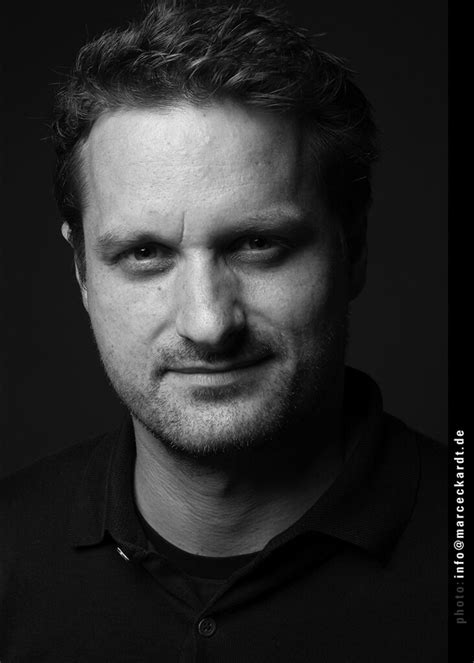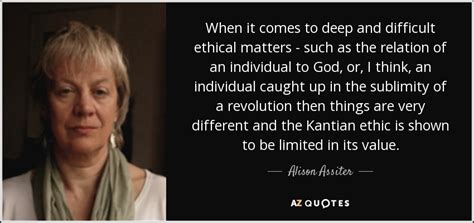A Quote by Jan Chipchase
Cultural comparisons are good because they can tell you about what's similar, but also sometimes they make it easier to see obvious differences.
Related Quotes
What I learned about them, I liked. But it also seemed that the liberal line was not entirely correct, for it was obvious that racial differences went far beyond skin color. It would be difficult to categorize all the distinctions I noticed. In fact, I made no effort to catalogue them at the time, but their differences ranged all the way from physical characteristics to more subtle differences such as extreme aversion for work in cold weather. On cold days, when I felt invigorated, my black co-workers seemed lethargic.
It's far easier to write why something is terrible than why it's good. If you're reviewing a film and you decide "This is a movie I don't like," basically you can take every element of the film and find the obvious flaw, or argue that it seems ridiculous, or like a parody of itself, or that it's not as good as something similar that was done in a previous film. What's hard to do is describe why you like something. Because ultimately, the reason things move people is very amorphous. You can be cerebral about things you hate, but most of the things you like tend to be very emotive.
You can see the diversity that pieces in the anthology represent, and then the interconnections-obvious and less obvious-between various stories or between various modes of storytelling. Diversity generates need for conversation, conversation generates common interests, as well as differences. Literature, as a human project, is all about that.
It's difficult to make movies. For me it was easier, as a refugee in Switzerland, to make documentary films, because I didn't need a lot of money for it. The way I tell my story or my opinion would be very similar in both fiction and documentary forms. But I found I could speak more effectively to convey this brutal reality through documentary than I could through fiction.
It wasn't openly talked about very much, in the sense that people said they wanted to beat GB at this or that, but there would however be sidelong comparisons frequently in press commentary. And it was also pretty quickly obvious that no other countries were developing the kind of technological depth of industry as were the US and the UK.



































